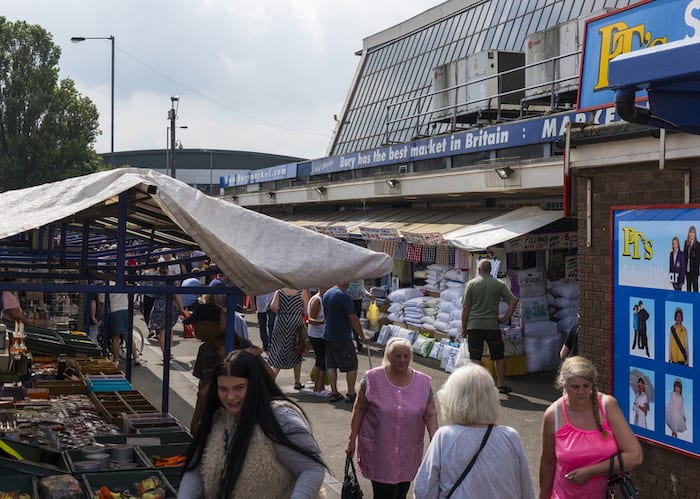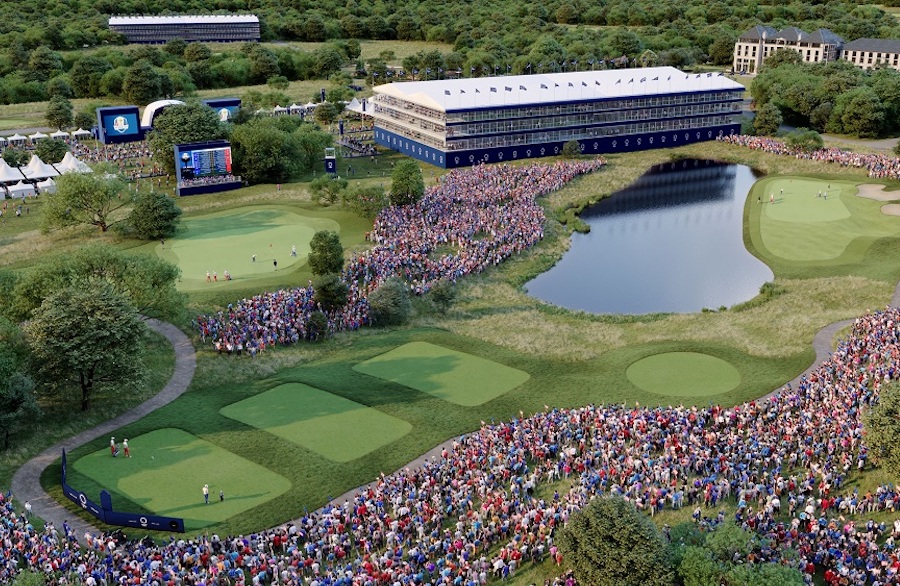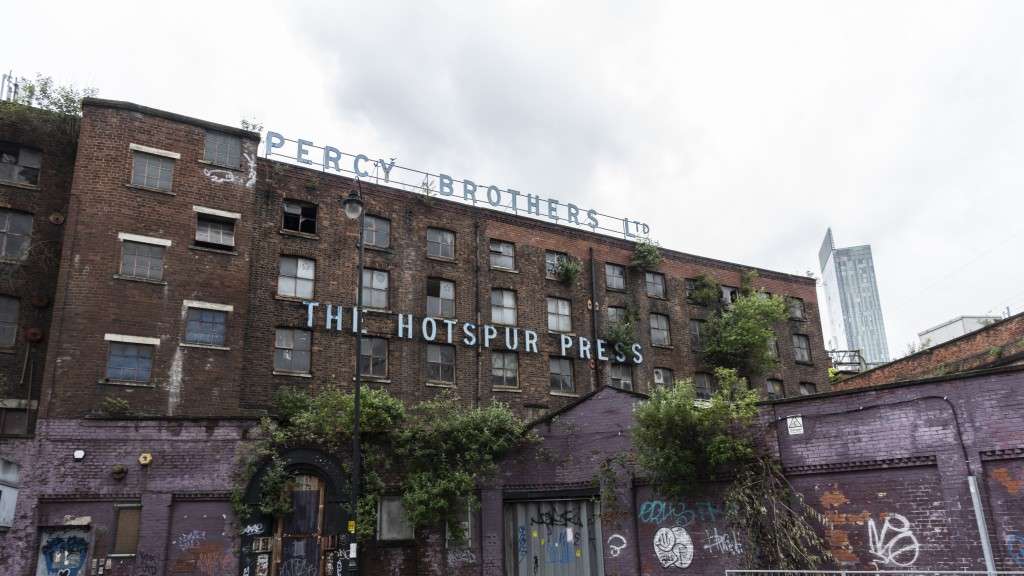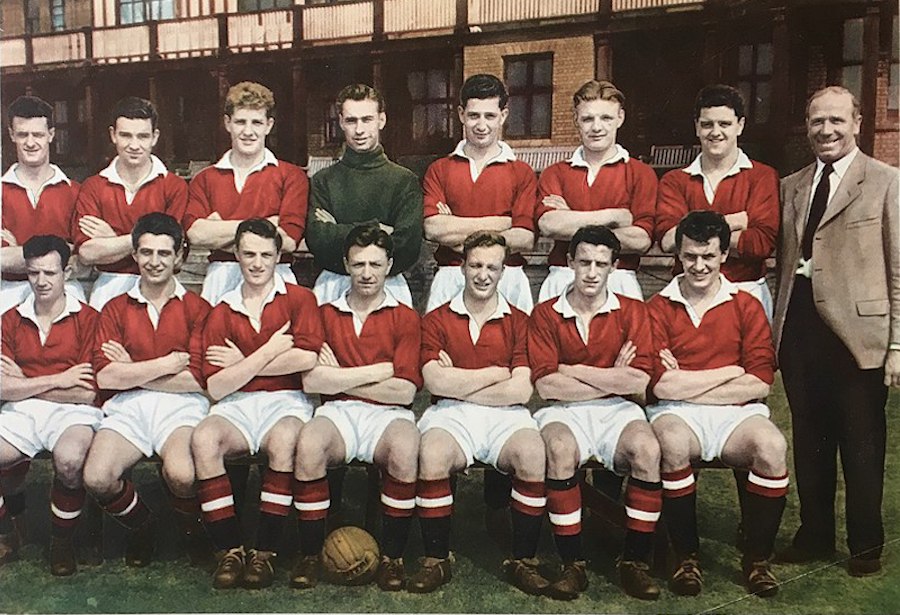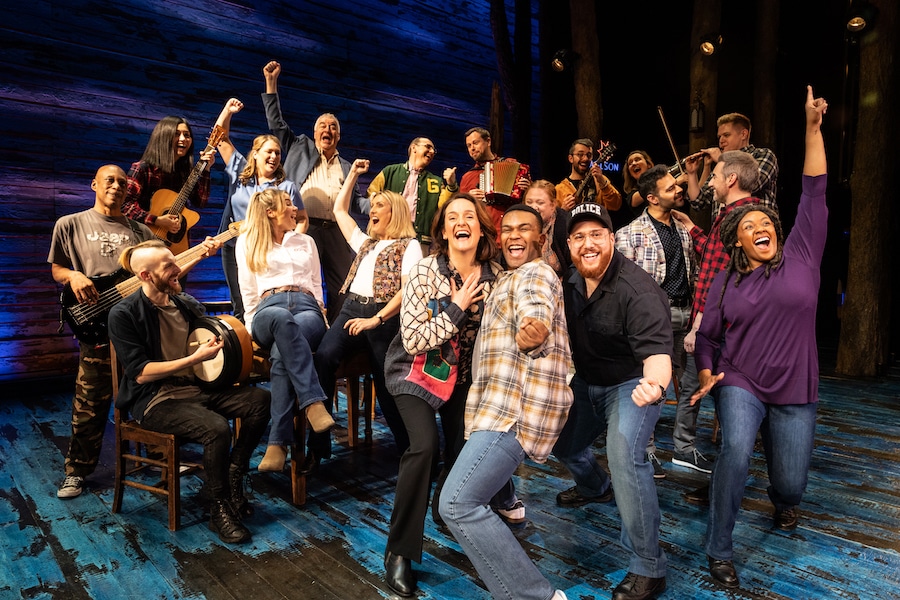How a derelict site in east Manchester became the catalyst for British cycling success
- Written by Ray King
- Last updated 6 years ago
- City of Manchester, Sport

Britain’s all-conquering cyclists have chalked up another astonishing first.
Greater Manchester’s Simon Yates’ triumph in the Vuelta Espana completes a historic clean sweep by British riders of all this year’s cycling Grand Tours.
Fellow Brits Chris Froome and Geraint Thomas have already ridden to victory in the Giro d’Italia and Tour de France respectively.
British riders have now won nine of the past 20 Grand Tours, a run that started when Sir Bradley Wiggins became the first Briton to win a Grand Tour with victory in the 2012 Tour de France.
Only twice before have riders from the same country won all three races in the same season, but this is the first time it has been done by different cyclists.
And it all started on what was, 25 years ago, a derelict industrial site in east Manchester. On the very spot a where an electricity power station had once stood, arose the most successful sporting powerhouse on the planet – the Manchester Velodrome.
Stuart Street power station opened in 1900, producing electricity from burning coal supplied via underground conveyor from nearby Bradford Colliery. The pit closed in 1968, and is now buried beneath the Etihad Stadium. The power station closed seven years later amid the collapse of heavy industry in the area.
The site lay derelict for 15 years following Stuart Street’s closure in 1978, until it was earmarked for the first development in the city’s ambitious – some thought fanciful – attempt to revive east Manchester’s shattered economy through investment in sport.
That ambition was the driving force behind Manchester’s unsuccessful bids to host the 1996 and 2000 Olympic Games – conceived at what turned out to be a momentous meeting between then council leader Graham Stringer and Palace Theatre impresario Bob Scott in 1986.
The decision to go for the Commonwealth Games was agreed in principle between the two men in the bar of the landmark Loews Hotel, Monte Carlo, a couple of hours after the 2000 Olympics were awarded to Sydney.
The Games were staged in east Manchester in 2002 in the newly built City of Manchester Stadium which later became home to Manchester City. The modern stadium, now enlarged and renamed the Etihad, was a factor in attracting the massive investment in the club by Sheik Mansour.
The council-owned velodrome, now the HSBC National Cycling Centre, was funded by a £6.5m grant from government and £3m from the Sports Council and Foundation for Sport and the Arts. Construction began in 1993.
When it opened in the following year as Britain’s only Olympic-standard indoor track, it was described as a “white elephant” in some quarters – an opinion hardened two years later when the town hall had to bail it out by paying gas and electricity bills totalling £130,000 to save British Cycling from bankruptcy.
How times have changed. Now hailed as one of the fastest tracks in the world, the Manchester Velodrome has been cited as the major catalyst for Britain’s successes in track and road cycling and has been described by Cycling Weekly as the “beating heart of British Cycling’s ascension to the top of world cycling”.
As well as being the home of British Cycling and many of the past and present greats of the sport, from Chris Boardman and Sir Chris Hoy to Laura and Jason Kenny, the centre is used seven days a week by amateur enthusiasts of all ages and abilities.
Two of those young enthusiasts were Bury-born Simon Yates and his twin brother Adam who trained at the velodrome from the age of 12 after being taken there by their dad John.
- This article was last updated 6 years ago.
- It was first published on 19 September 2018 and is subject to be updated from time to time. Please refresh or return to see the latest version.
Did we miss something? Let us know: [email protected]
Want to be the first to receive all the latest news stories, what’s on and events from the heart of Manchester? Sign up here.
Manchester is a successful city, but many people suffer. I Love Manchester helps raise awareness and funds to help improve the lives and prospects of people across Greater Manchester – and we can’t do it without your help. So please support us with what you can so we can continue to spread the love. Thank you in advance!
An email you’ll love. Subscribe to our newsletter to get the latest news stories delivered direct to your inbox.
Got a story worth sharing?
What’s the story? We are all ears when it comes to positive news and inspiring stories. You can send story ideas to [email protected]
While we can’t guarantee to publish everything, we will always consider any enquiry or idea that promotes:
- Independent new openings
- Human interest
- Not-for-profit organisations
- Community Interest Companies (CiCs) and projects
- Charities and charitable initiatives
- Affordability and offers saving people over 20%
For anything else, don’t hesitate to get in touch with us about advertorials (from £350+VAT) and advertising opportunities: [email protected]

Love, loss and the last days of humanity – why ‘A Pineapple’ is a must-see play
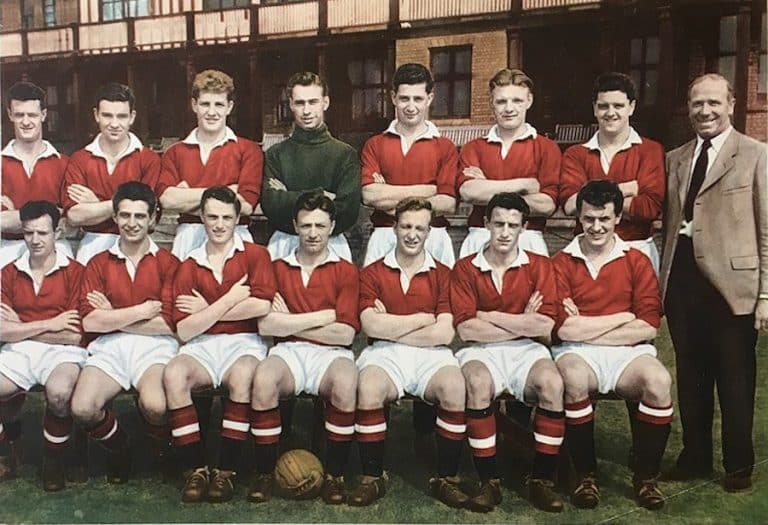
Remembering the Busby babes we tragically lost in the Munich Air Disaster
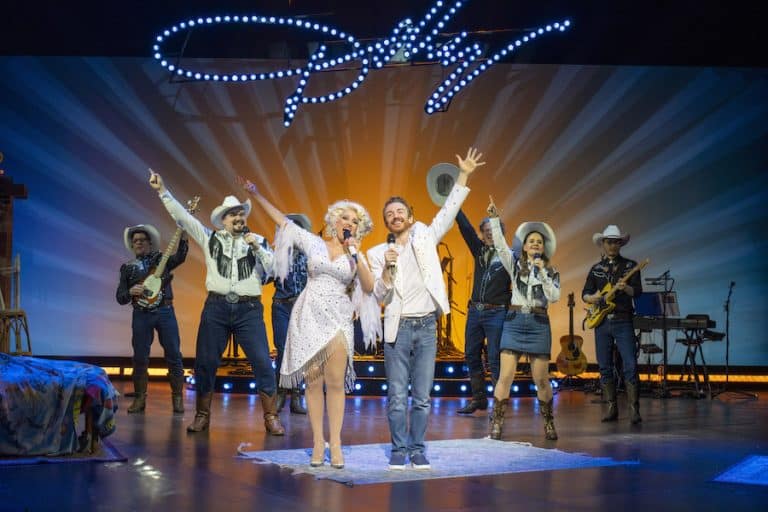
Review: Here You Come Again at Palace Theatre ‘is a rhinestone-studded Dolly delight’


Skip the soppy stuff! The ultimate guide to celebrating friendship this Galentines Day
